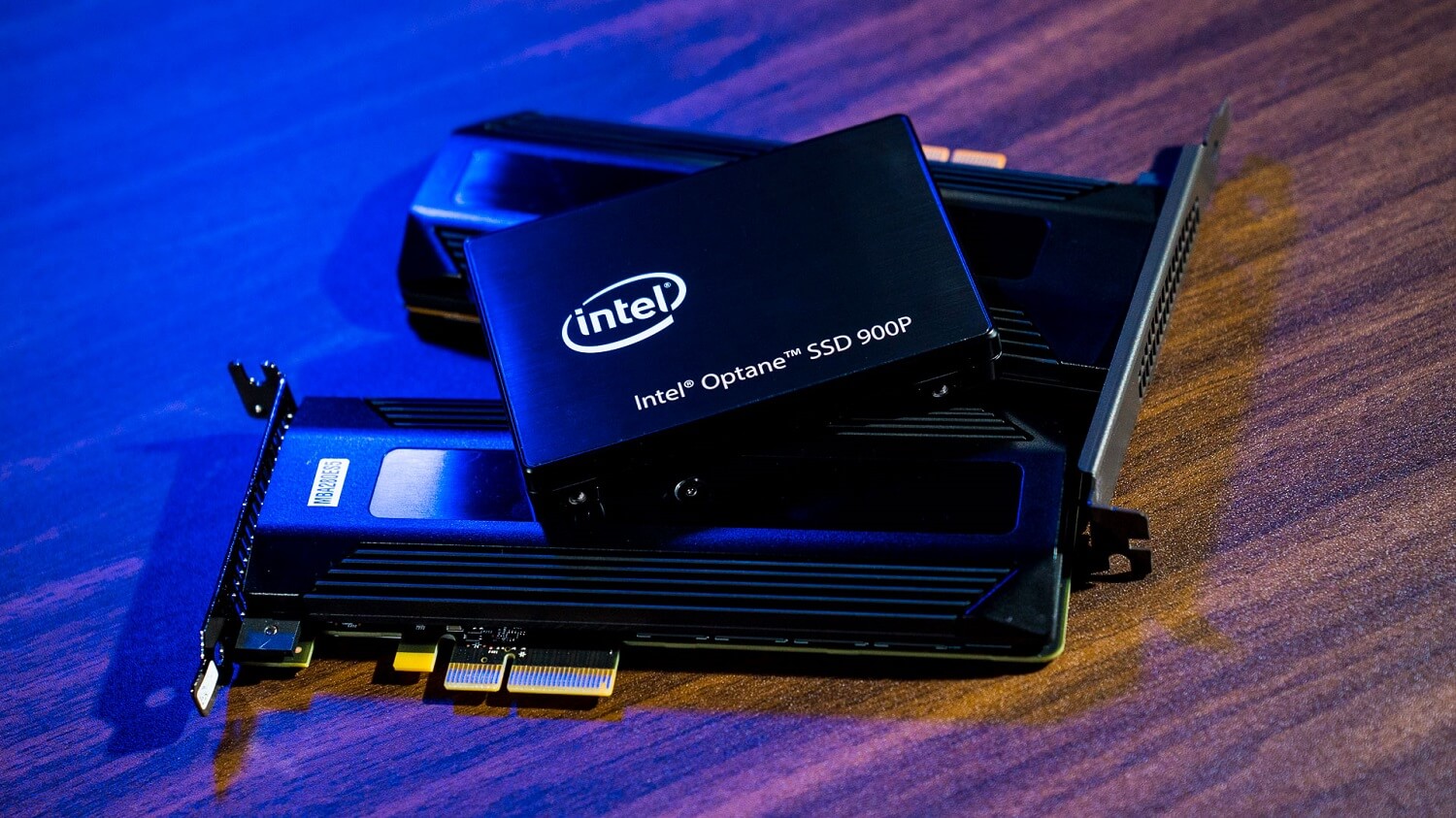We know that you are looking for a new hard drive. We recommend you visit the Cheap Hard Drives site so you can find the hard drive you are looking for at an unbeatable price.
¿A hard drive is often needed but, what exactly are you supposed to look for in a hard drive?
Reading time
It is important that the reading time (measured in milliseconds or nanoseconds) be as low as possible, because this indicates that the hard drive will be faster. A time of 8 ms for a magnetic hard disk is very good, however for a solid state it could be around 550 nanoseconds. It is also good to know the average access time, writing time, latency, etc., but the reading time can indicate more graphically the speed that your hard disk will have.
Transfer rate
The transfer rate is the number of bits per second that can be transferred by the hard drive from or to the outside. This will be interesting to know if the hard disk will be fast or not. A very fast hard disk with a low transfer rate will have a funnel effect and will affect performance.
Rotation speed
This speed directly interferes with the speed of the disk. The roation speed indicates how many revolutions per minute the disc plates rotate (only for magnetic hard drives). The higher the speed, the lower the average latency, that is, it will take less time for the needle or spindle to position itself in the desired sector. The normal is 7200 rpm for 3.5â€hard drives and 5400 rpm for 2.5â€. Below these rates would be considered slow.
Cache or buffer
The cache is the flash memory that integrates hard drives. This memory is faster than that of the hard drive and acts as a link between the disk and the system, with which processes are streamlined.
It is recommend looking for a disk with a larger buffer. The larger the buffer, the better a good amount can be between 8 and 16MB. In SSD, this cache is especially important and is usually larger.
Consumption
Consumption is not a key factor in performance, but in savings and respect for the environment. A more efficient hard drive will always be more interesting, especially if it is going to be allocated to a NAS or RAID system. View the data on consumption between hard drives and see which one is the most suitable, especially if it is intended for a mobile device or that depends on a battery. SSDs usually have a lower consumption, which should be below 2w. A regular HDD can reach 5w.
Heat dissipated
It is interesting to know if the hard disk gets very hot or not because heat can affect performance and cause irreparable damage. Make sure you have good ventilation or cooling. The new HDD discs with helium will overheat less due to the properties of this gas. SSDs must be composed of efficient chips that do not have a high TDP (Thermal Design Power).
Operating temperature range
Unless you are in very extreme conditions or looking for a hard drive for military use, this should not be a serious problem. You should look at the range specified by the manufacturer, which can usually go from 5ºC to 60ºC, the higher the value is better since they can withstand the high temperatures better. SSD hard drives have an advantage, since they can withstand ranges between -60ºC and 95ºC without problem.
Noise
The SSDs do not emit sound since they do not have mechanical parts or moving parts. HDDs do have mechanical parts and emit sounds which should be as low as possible for comfort reasons. The generated noise is measured in decibels and can reach 26dB during its operation. You can search within forums on the internet which type of discs generate less noise.
Cheap Hard Drives based in Houston, Texas, offers all registered users through its secure website a complete selection of HDD and SSD hard drives of any type with a 1-year warranty. All hard drives are remanufactured under the highest quality standards and you can find any type and capacity, from personal disks to disks for servers and mass storage units with a wide selection of brands.
Take a tour of the site cheapharddrives.com to know the wide range they have on hard drives and save money by buying your hard drive.

